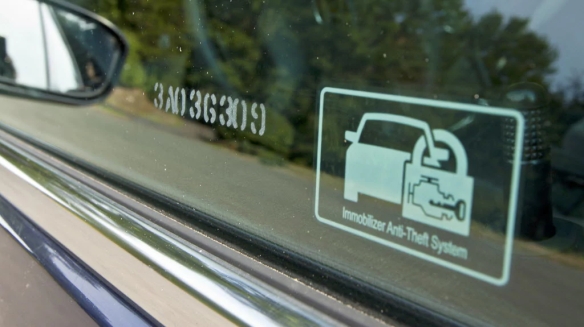The holiday season is a joyful time for family, friends, celebrations, and gifts. And unfortunately, it can be a time for scams. Now that the holiday season has officially arrived, authorities are warning local residents to beware of scams and deceptive advertising while shopping at stores or online this year.
Here are some tips on how to protect yourself:
The Bait and Switch: Take retailers’ advertisements to the store with you. Unscrupulous retailers may advertise goods at low prices, but when you get to the store the price may be higher than advertised or the product might not be there at all.
Skimming Devices: Skimming devices are often placed on gas pumps or ATMs to capture data from the magnetic stripe on the back of credit and debit cards. If something looks out of place or easily wiggles, use a different ATM, gas pump, or register.
“Cybersquatting” Sites: Crooks try to impersonate well-known websites by inverting characters or slightly altering the name of a well-known website. The copycat sites may look similar to the real website – and they can steal your credit information. Carefully read website addresses to ensure you are shopping on a legitimate website.
Copycat and Fraudulent Websites: Fake websites set up by scammers target online shoppers during the holiday season. Sometimes appearing as ad results in online searches, these sites may contain malware or steal credit card data. Avoid making purchases from untrustworthy sites.
Security Certificates: To ensure you are shopping on a secure website, make sure the website begins with “https” and has a small padlock icon next to the webpage address. Keep your computer, tablet or smartphone up-to-date and install security software.
Retailers Who Request Payment through Wire Transfer: Legitimate online businesses will not use wire transfer to collect payment for purchases, ever. This is a sure sign of a scam.
Some other important holiday shopping tips:
- Sign up for transaction alerts on your credit and debit cards, or at least monitor your accounts closely online and report any suspicious activity immediately to your financial institution. Enroll in Visa Purchase Alerts for your First Financial debit card here. Sign up for Visa Credit Card alerts in Online Banking.
- Think before you click! This doesn’t just pertain to emails, also be leary about clicking on online ads, applications and electronic greeting cards. Cybercriminals often mimic content, so be on the lookout for altered URLs.
- Don’t trust a site or name you don’t know, and don’t fall for too good to be true prices.
- Use payment methods that offer tokenization. This includes using a digital wallet to pay for purchases like Apple Pay, Samsung/Android Pay and the like.
- Have unique, complex passwords for websites that store your information and change your passwords frequently.
- Be cautious of charities you give to online, in person and over the phone. If you are going to donate, be sure to investigate the charity on the web first and make sure they are legitimate (or a well-known organization like the Salvation Army, St. Jude, etc.).
- Ensure home computers are protected with antivirus software, anti-spyware, and a firewall.
- Look for ATM and gas pump tampering, or skimming devices. Do not use the ATM or gas pump if you suspect anything suspicious. Watch our short video on how to spot a skimming device here.
Article Source: Kara Seymour for Patch.com and 11-28-17 CUNA Risk Alert






